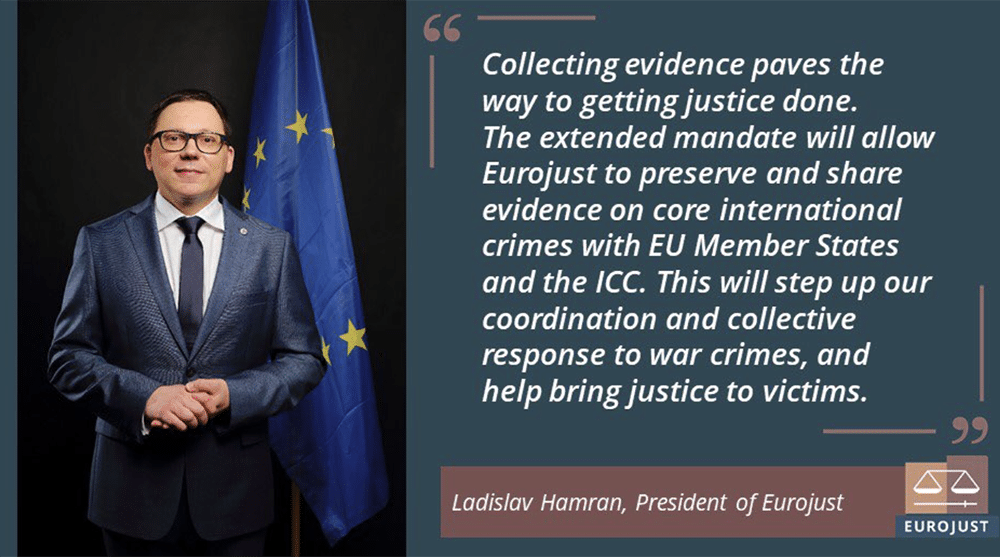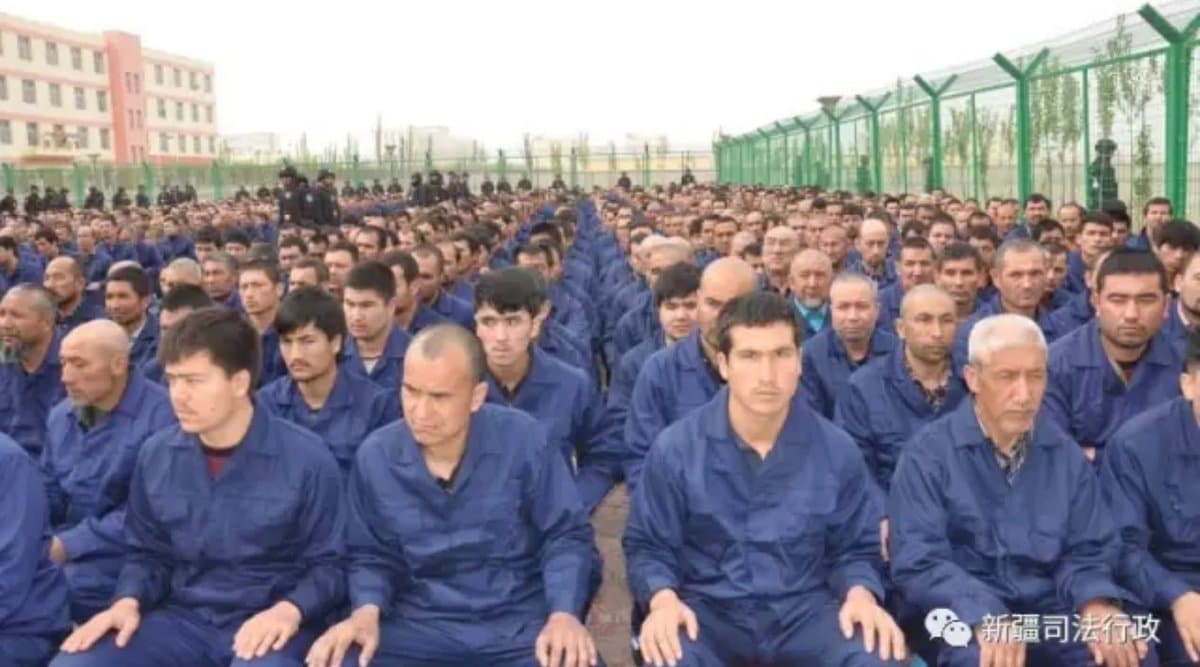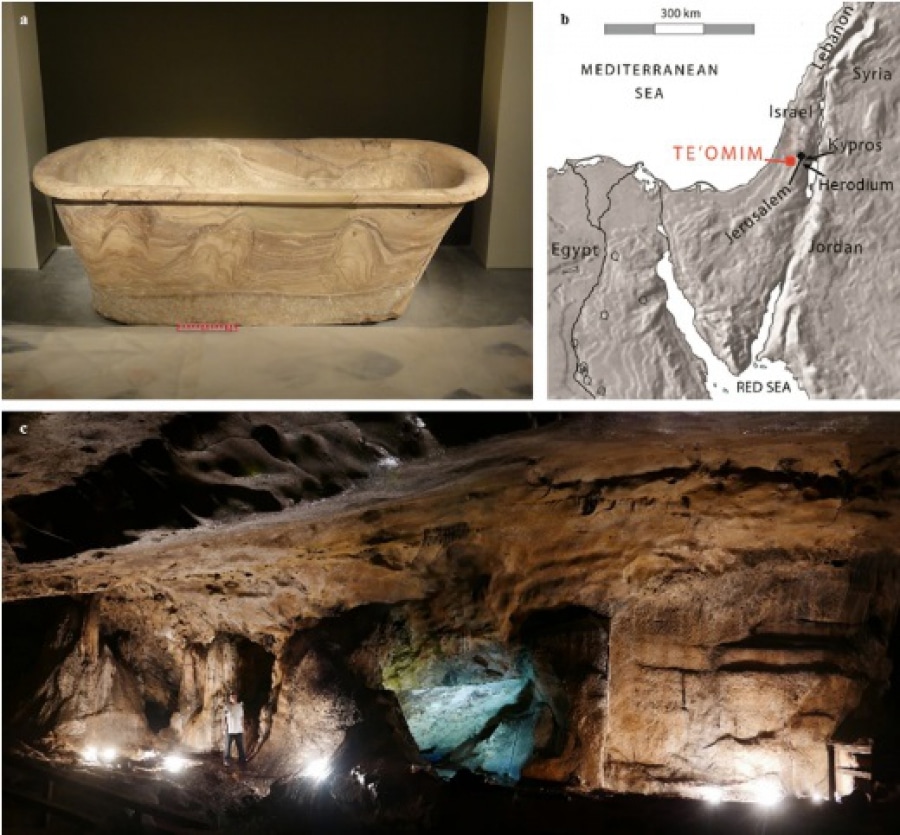Religious leaders highlight moral education as foundation for peace
HAIFA, Israel — The 12th Annual Conference of the Council of Religious Leaders in Israel was hosted recently at the Bahá’í World Centre, bringing together some 115 participants, including leaders of diverse faith communities, the Minister of the Interior, the Mayor of Haifa, other government officials, and journalists.
Discussions at the gathering highlighted the important role of education in promoting social harmony, nurturing moral principles, and developing the ability to engage in constructive dialogue.
The President of Israel, Isaac Herzog, addressed the gathering in a video message, highlighting shared values among religions and emphasizing the importance of unity in diversity. “Unity is not uniformity and it is not meant to blur the differences between us, on the contrary, differences of tradition and culture are what make us so special.
In her opening remarks, Ariane Sabet, Deputy Secretary-General of the Bahá’í International Community in Haifa, stated: “Religion’s unique power in affirming humanity’s nobility, refining its character, providing meaning and motivation for creating a sustainable and prosperous civilization, cannot be overstated.”
She added: “May this conference serve as an invitation to all of us, as representatives of faiths and leaders in society, to discharge the responsibility for humankind to unite as members of one single human family.”
Haifa Mayor, Einat Kalisch-Rotem, spoke about efforts in the city of Haifa to promote social harmony. “Here in Haifa, we do not believe in merely coexisting, but rather living together as one community, all of us.”
Ayelet Shaked, Interior Minister, expressed her appreciation for the gathering, stating: “The conference is an excellent opportunity for respect and reciprocity, especially for joint action to combat violence.”
Another attendee, Sheikh Nader Heib, Chairman of the Association of Muslim clerics, stated: “We must learn how to reconnect…with warmth and [establish] a new view toward the future.
There was consensus among the religious leaders that further collaboration among them at schools and other social spaces would demonstrate their unity and dedication to peace, especially to young people.
Rabbi Simha Weiss, member of the Council of the Israeli Chief rabbinate, echoed this sentiment, saying that the diversity of the staff serving at the Bahá’í World Centre offers a glimpse of a hopeful future. “[They] show us that living together is possible.”
He added: “We are all one family… and this is what we have to teach the young people of today.”














